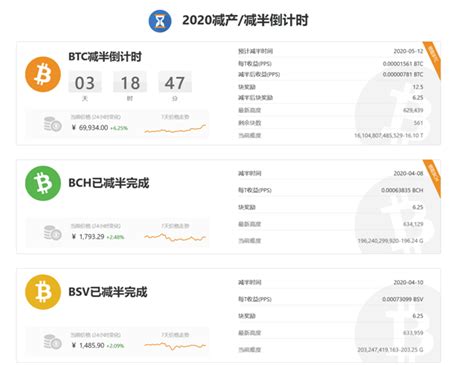Title: The Cost of Bitcoin Mining: Understanding Electricity Consumption
Bitcoin mining, the process through which new bitcoins are created and transactions are verified and added to the blockchain, is a crucial aspect of the cryptocurrency ecosystem. However, it's also energyintensive, with electricity costs being a significant factor in miners' profitability. Let's delve into the intricacies of Bitcoin mining electricity consumption and its associated costs.
Understanding Bitcoin Mining
Bitcoin mining involves using powerful computers to solve complex mathematical puzzles. Miners compete to be the first to solve these puzzles and validate transactions. This process requires immense computational power, which in turn consumes a significant amount of electricity.
Electricity Consumption in Bitcoin Mining
The electricity consumption of Bitcoin mining operations varies depending on several factors:
1.
Mining Hardware Efficiency
: The efficiency of the mining hardware plays a crucial role. Advanced ASIC (ApplicationSpecific Integrated Circuit) miners are more energyefficient compared to older GPU (Graphics Processing Unit) or CPU (Central Processing Unit) miners.2.
Mining Difficulty
: Bitcoin's mining difficulty adjusts approximately every two weeks to maintain a consistent block time. As the difficulty increases, more computational power is required, leading to higher electricity consumption.3.
Electricity Costs
: The cost of electricity varies significantly depending on location. Areas with cheap electricity, often from renewable sources like hydroelectric or geothermal power, are more attractive to miners.Calculating Electricity Costs
To estimate the electricity cost of mining one Bitcoin, we need to consider the following factors:
1.
Power Consumption of Mining Hardware
: This is typically measured in watts per gigahash per second (W/GH/s). Newer ASIC miners are more efficient, consuming fewer watts to perform the same amount of hashing.2.
Electricity Cost per Kilowatthour (kWh)
: This varies based on location and can range from a few cents to several cents per kWh.3.
Mining Difficulty and Hash Rate
: These factors determine how many hashes (computations) are required to mine a Bitcoin.Example Calculation
Let's consider a hypothetical scenario:
Mining Hardware Efficiency: 1000 watts per gigahash per second (W/GH/s)

Electricity Cost: $0.10 per kWh
Current Mining Difficulty: X hashes required to mine a Bitcoin
Using these parameters, we can calculate the electricity cost to mine one Bitcoin:
\[ \text{Electricity Cost per Hour} = \frac{\text{Power Consumption (W)}}{1000} \times \text{Electricity Cost per kWh} \]
\[ \text{Electricity Cost per Day} = \text{Electricity Cost per Hour} \times 24 \]
\[ \text{Electricity Cost per Bitcoin} = \text{Electricity Cost per Day} \times \frac{\text{Number of Days to Mine a Bitcoin}}{24} \]
Conclusion
The cost of mining one Bitcoin in terms of electricity varies based on several factors, including hardware efficiency, electricity costs, and mining difficulty. While it's challenging to provide an exact figure due to the dynamic nature of Bitcoin mining, understanding these factors can help miners make informed decisions and optimize their operations for profitability.
版权声明
本文仅代表作者观点,不代表百度立场。
本文系作者授权百度百家发表,未经许可,不得转载。

















评论